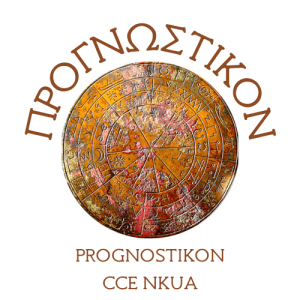By D. Staikos (Anniversary 100th post at Prognostikon)
We are often confronted by explications of attempts to foresight: that is, to go beyond the ordinary concepts that constitute forecasting and to offer suggestions or draw inferences for aspects of life that are either placed too far in the future or are ill-defined at the present. In a 1981 article, titled Society and Foresight, see the article in this link https://www.jstor.org/stable/42588919, the author begins with the claim that:
"It has become reasonably evident over the last several decades that the continued stability and survival of our society increasingly depends upon long-range, anticipatory kinds of policy and decision-making. The world has become so complex and the costs of failure so high, that we can no longer afford a short-sighted or reactive approach to the problem"
and then proceeds to list and analyze 24 reasons as to why we lack foresight. So, foresight, in itself and as distinct from the technicalities of forecasting, is important, has been identified as such and appears to be a relatively modern problem. But is it? And what might be the foundations for foresight and its practice? In the short piece that follows (please see file below), part of my ongoing research work, I attempt to provide a tentative answer through the analysis of a historical analogy on the process of creative intelligence (CI) and forecasting.
As distinct from human intelligence (HI), CI is a conditio sine qua non to foresight. Moreover, CI rests upon an interdisciplinary foundation that combines the accumulation of past knowledge as data (history), the processing and understanding of past knowledge (learning) and results in innovative thinking – that makes CI possible. This natural, cognitive process from HI to CI is what leads us to its current propagation: artificial intelligence (AI).
Enjoy the article that follows, and I welcome criticisms and recommendations.



